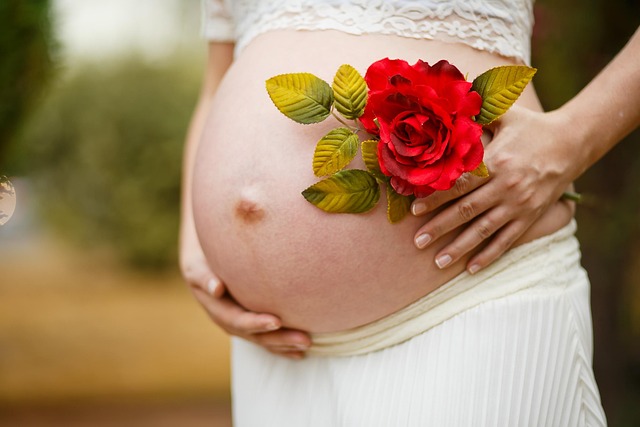Having a baby is a cherished goal for many women today. However, for some, the question isn’t if they will become mothers, but rather when the time will be right. Luckily, advancements in fertility preservation, like egg freezing, provide options for women facing personal, professional, or medical challenges that might interfere with their plans to start a family.
Protecting Your Reproductive Future
Recent innovations have made it possible for women to take control of their reproductive timelines through methods like oocyte cryopreservation (egg freezing) and embryo cryopreservation (embryo freezing). While some may view egg freezing as just a trendy lifestyle decision, for many women, it’s a crucial avenue for safeguarding their fertility.
Why Women Choose to Freeze Their Eggs
Women opt for egg freezing for a variety of reasons. These can include health issues such as a cancer diagnosis, declining ovarian function, endometriosis, or a family history of early menopause. Unexpected life changes, like divorce, may also prompt women to consider preserving their egg viability for future pregnancies. Ultimately, whether motivated by career aspirations, educational goals, or personal circumstances, egg freezing empowers women to keep their options open for the future.
Through a rapid freezing technique known as vitrification, egg freezing is a dependable choice for women who prefer not to let age dictate their life choices. Vitrified eggs show impressive rates of survival, fertilization, and embryonic development after being thawed, with pregnancy outcomes based on the woman’s age at the time of freezing—not when she decides to use the eggs.
Timing is Everything
So, when is the ideal time to freeze your eggs? Female fertility starts to decline gradually in the late 20s, with a more significant drop occurring in the mid to late 30s. Women over 35 face higher risks of miscarriage and chromosomal abnormalities due to changes in egg quality. Clinically, the early to mid-30s is considered the best time for egg freezing, but personal circumstances play a huge role in this decision.
The Egg Freezing Process
At our clinic, the egg freezing journey begins with an assessment of a woman’s ovarian reserve, which estimates the number of eggs available. This involves blood tests and ultrasounds to determine if egg freezing is a suitable option for you.
The egg freezing process mimics the early stages of a typical IVF cycle and typically spans about two weeks. During this time, you’ll administer daily hormone injections to stimulate egg production, while our team monitors your progress through blood tests and ultrasounds. At the end of the cycle, the eggs are retrieved under sedation and immediately frozen. When you’re ready to use them, they will be thawed and combined with sperm from your partner or a donor.
Choosing Between Egg and Embryo Freezing
Women often consider both egg and embryo freezing for similar reasons. The key difference is that embryo freezing involves fertilizing the eggs with sperm prior to freezing, which can make this option more reliable, especially for women with a partner or those concerned about egg quality.
Modern women have more control than ever over planning their families alongside their careers. While some who freeze their eggs might end up conceiving naturally later, this option offers peace of mind for those who wish to wait for the right moment. Similar to the birth control pill, egg freezing has the potential to empower women to take charge of their reproductive futures and extend their fertility.
For a deeper dive into how home insemination can work for you, check out this article on Nurturing My Family’s ICI blog. If you’re looking for more resources on pregnancy, the Women’s Health website is an excellent place to learn more. You might also be interested in checking out Fertility Booster for Men to enhance your journey.
In summary, egg freezing offers a valuable option for women seeking to preserve their fertility while juggling life’s various demands. With the right support and information, the journey toward motherhood can be both flexible and empowering.

